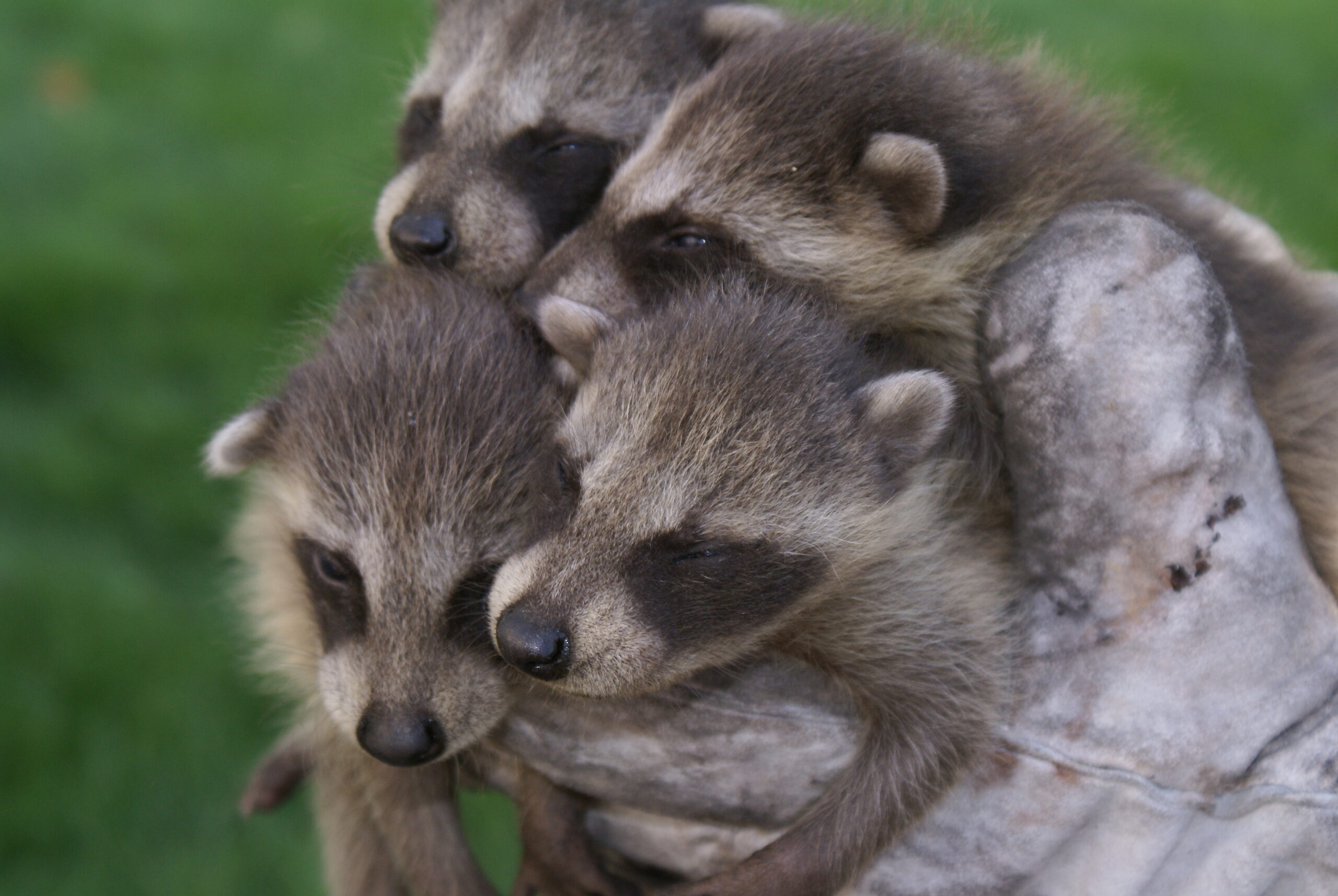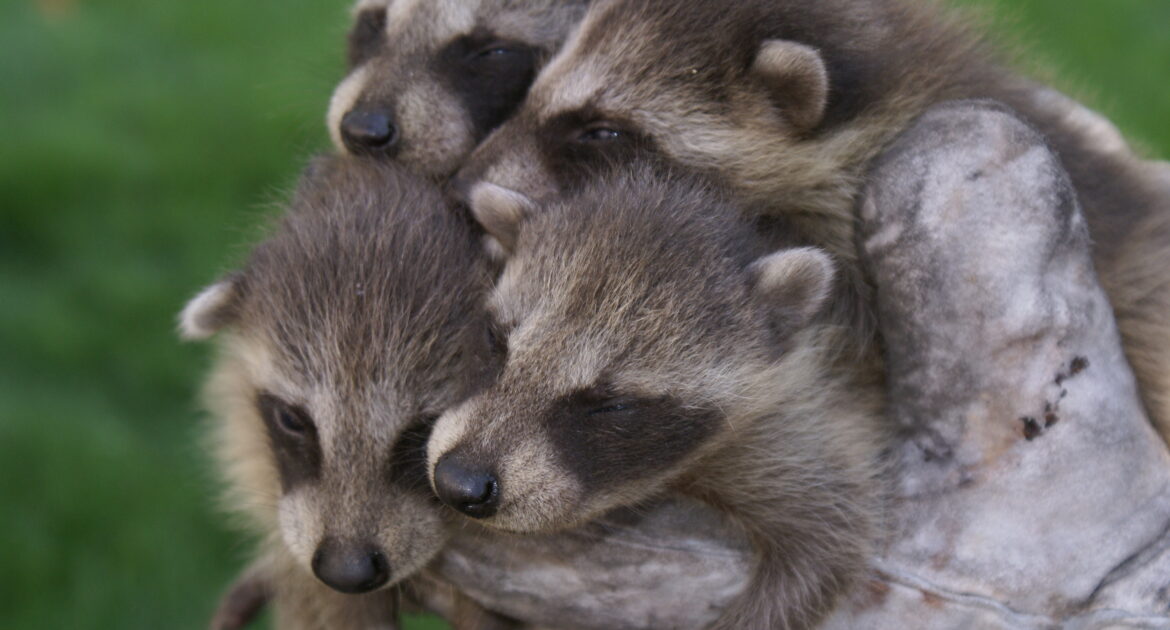One of the trickiest parts about identifying raccoon sounds is that many of the over 200 sounds that raccoons make are very similar to the sounds of other common nocturnal animals. For example, raccoons whistle just like owls do, so determining whether or not you have a raccoon infestation by sounds alone is not ideal. Learn more about the most common sounds that raccoons make and who to call for professional identification and raccoon removal in Durham.
Growling and Snarling
Raccoons, like many other animals, often participate in posturing. Whether a raccoon is squaring off with an over-friendly human that is too near their nest or another male in line for a female’s courtship, they will growl and snarl as part of their defensive tactics. Other than in rare cases of illnesses, raccoons aren’t out looking for a fight, and the growling and snarling noises are generally all for show.
Screaming and Barking
A raccoon can make many different pitches of screams, ranging in volume. Sometimes, screaming is heard during mating. Depending on the reason for the screaming, it may also be accompanied by barking. If you thought that dogs were the only animal that barked, think again. Raccoons bark when they are under stress or in pain. If you hear screaming and barking together and you happen to catch sight of a raccoon running by, it is time to call professional wildlife control in the best interest of the raccoon who may be hurt or injured.
Purring and Chippering
Imagine the sounds that content cats and hungry baby birds make; those are the same sounds that you can hear coming from a den full of baby raccoons. Baby raccoons purr when groomed or fed by their mothers, and the mother will reciprocate the sound to show affection. Some purring is also demonstrated during mating but is rarely observed since raccoons are solitary. Chippering is often considered baby talk for young raccoons who are just learning to use their range of vocal capabilities.
Whistling and Chittering
The great owl will whistle in the night to communicate with other owls; raccoons do the same. Raccoons will call out to one another to alert any other nearby raccoons of impending danger. Since they sound like the screech owl, it can be difficult to tell where the alert originates. Chittering is a way for mother raccoons to go out of the nest looking for food at night while assuring the babies that she is coming back and not to leave the nest.
Squealing and Screeching
Ongoing squealing and screeching accompanied by low growling sounds can be an indicator of rabies. Raccoons can be rabid from time to time. If a raccoon appears to be suffering from an unknown illness, assume it is rabies and back away from the raccoon slowly, putting as much distance in between you and the animal as possible. The raccoon may still hiss and make noises as you back away. Never attempt to touch or remove a raccoon on your own, whether or not it appears to be rabid.
Scuttling and Rustling
If you have raccoons in your attic, you may hear the occasional thump, bump, and dragging across the floor above you. Constant rustling is a clear sign that something is likely nesting in the attic of your home. If you suspect a raccoon is nesting in your attic, it is likely a mother and babies. Rather than attempt to go into the attic yourself, contact a professional to assess the situation.
Calling and Emailing
Never attempt raccoon removal on your own. Raccoons can have rabies, distemper, or any great number of parasites. For fast and safe raccoon removal in Durham, contact Skedaddle Humane Wildlife Control today.




